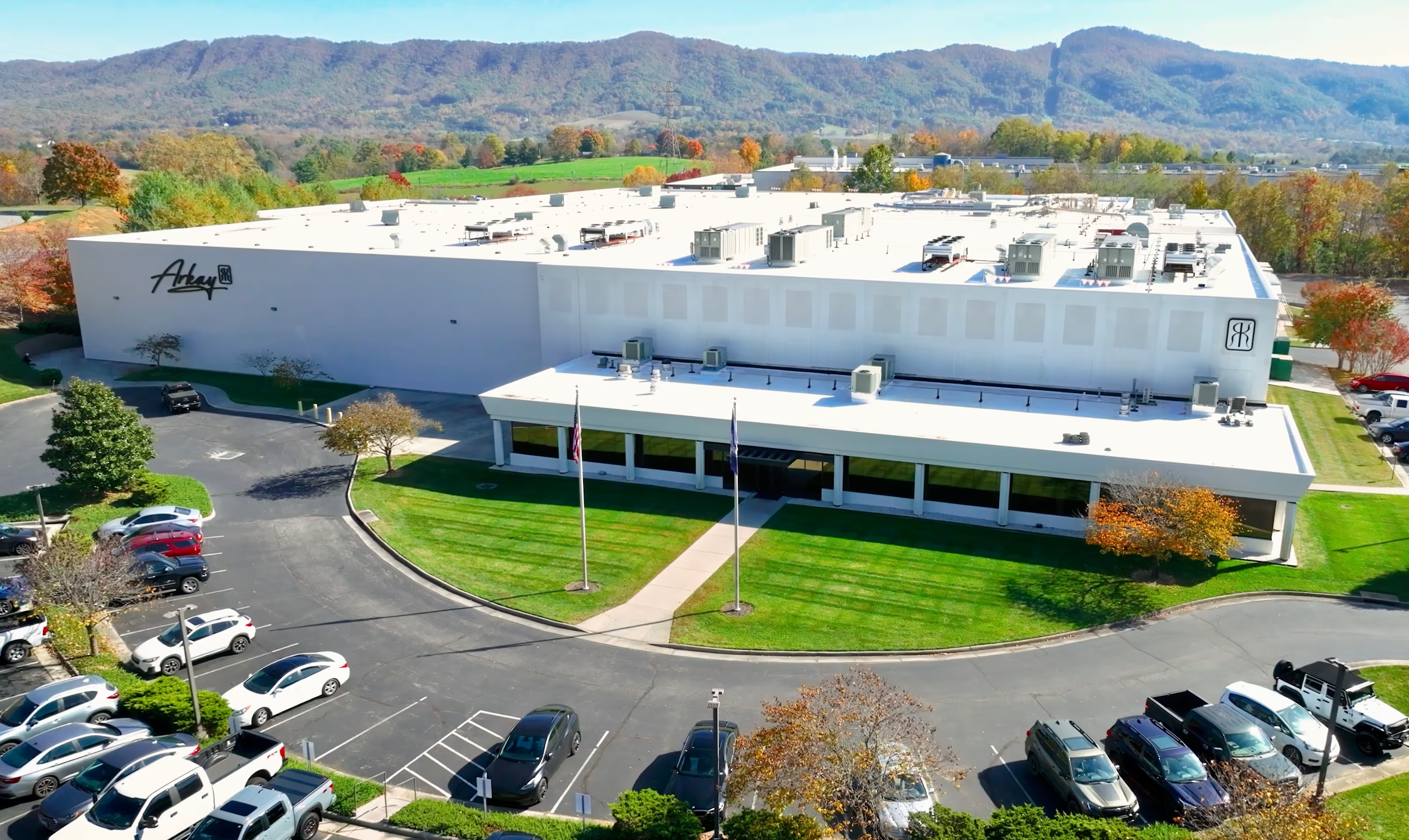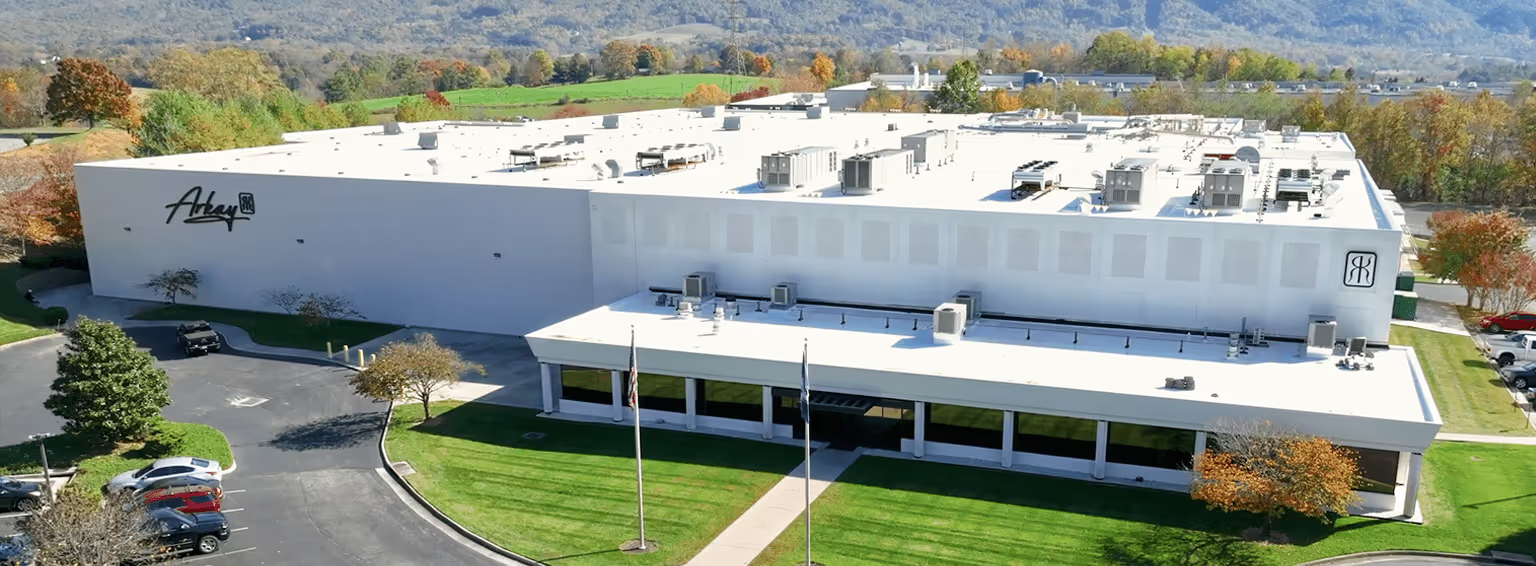

Premium Packaging And The Importance of Sustainable Forest Supply Chains
Because Arkay relies on wood-derived products like paper, cardboard, and pulp-based materials, sustainable forestry is an overriding concern and a top priority. We realize that a number of environmental, economic, regulatory, and reputational factors impact our industry’s long-term viability and competitiveness. Let’s look at them in more detail.
Environmental Conservation
At Arkay we depend on timber for our paperboard–the lifeblood of packaging–and we understand all too well that a stable, affordable supply of forest products is in our customer’s best interest. Sustainable forestry makes this happen.
Responsible forest management reduces the risk of raw materials shortages so we pay very careful attention to how our suppliers source this valuable resource. When they engage in environmentally healthy practices like selective harvesting, replanting programs, and biodiversity conservation, it helps ensure that our forests are able to continue their important role in clean air and water, and to provide many of the resources we need for daily living. When sourcing is approached this way, sustainable forestry becomes a win for companies and communities.
Well-managed forests are certified by organizations like the Forest Stewardship Council (FSC), Sustainable Forestry Initiative (SFI), and the Programme for the Endorsement of Forest Certification (PEFC).

Economic Sustainability
Our supply chain begins with forest products, so if there is a shortage or delay, it has economic repercussions all the way down the rest of the supply chain.
Timber shortages can be the result of deforestation, regulatory crackdowns or a number of other reasons. When they happen, it drives up prices and disrupts production schedules. At Arkay, we know that by investing in sustainably sourced materials, we secure long-term access to forest resources and avoid volatility — protecting us, our customers, and our customer’s customers.
As ecommerce expands, the paper industry is expected to grow steadily to supply shipping boxes. Sustainable forestry ensures a consistent supply of lumber during periods of demand growth, while enabling us to access the more profitable premium eco-conscious markets at potentially lower costs due to efficient resource use.

Regulatory Compliance
Governments worldwide are tightening rules on deforestation and resource use. For instance, the European Union’s Deforestation Regulation (EUDR) requires packaging manufacturers to prove their supply chains are deforestation-free.
In the U.S., states like California support sustainability through procurement policies, and trade groups advocate for responsibly sourced materials. At Arkay, we have been consistently proactive with sustainability adoption in order to safeguard and nurture the rich ecosystems upon which our business, and our world, depends. It’s an added bonus that we don’t need to worry about fines or unexpectedly losing a supplier.

Brand Reputation
Consumers and corporate clients are increasingly requesting eco-friendly packaging. Arkay has many long-standing customers with strong brand loyalty. They trust us for many reasons, but one of the most important is knowing that we take our responsibility as global stewards seriously. It’s unlikely that we’ll face boycotts or other public relations issues that would damage our brand or reflect poorly on our customers for choosing us!

Product Quality
Certified suppliers often use modern forestry techniques—drones for monitoring, optimized harvesting schedules—that reduce waste and improve timber quality. For Arkay, this translates into better raw material consistency and fewer defects in production.

Key Practices in Sustainable Forestry
The goal of sustainable forestry is to manage working forests in a way that meets current needs while ensuring their health and resilience for future generations. Some examples include:
- Selective logging: harvesting only specific trees rather than clear-cutting, which preserves the forest ecosystems
- Reforestation: maintaining forest cover by planting new trees to replace those harvested
- Agroforestry: integrating trees with crops or livestock to promote biodiversity and soil health
- Controlled burns: using fire strategically to reduce wildfire risks and increase natural regeneration
- Protecting old-growth forests: preserving mature, biodiverse areas for ecological balance and carbon storage
These methods balance commercial and forest conservation needs for the long-term benefit of both.

Arkay and Successful Sustainable Forestry Initiatives
Arkay is committed to maintaining a sustainable forest supply chain. The Forest Stewardship Council has created a certification system that promotes responsible forest management practices worldwide. This helps consumers identify wood products sourced sustainably while supporting eco-friendly practices. Our FSC and FSI Certifications affirm our commitment to sourcing materials from sustainably managed forests.
We have also been approved by the Programme for the Endorsement of Forest Certification, an international non-profit, non-governmental organization dedicated to promoting Sustainable Forest Management (SFM) through independent third-party certification. This eco-label enables customers and consumers to identify products from sustainably managed forests.
At Arkay, our use of sustainable input materials distinguishes us as a leader in delivering conscientious packaging solutions. We realize that our supply chain can contribute to deforestation and embrace our responsibility to make sustainable procurement decisions. In 2023, we procured roughly 1,229 metric tons of triple-certified paperboard material to produce our packaging.
In addition, we take tangible steps to restore habitats and rejuvenate ecosystems. Since 2018, we’ve supported the Seneca Meadows Landfill Project with verified carbon offsets. The Seneca Meadows Landfill Project has enhanced nearly 160 acres of existing woodland wetlands and created almost 420 acres of new wetlands. Over 400 acres of the wetlands have been seeded with native plants and trees, and extensive work has taken place to prevent habitat destruction from groundwater contamination, stormwater runoff, and erosion.
Conclusion: Nurturing Our Future Forests
Sustainable forest supply chains should not be optional for packaging manufacturers: They are too important for all the reasons noted above and more. They safeguard resources, meet customer expectations, enhance profitability, and position companies as responsible players in the industry.
Adopting sustainable forestry practices is important for preserving our planet’s biodiversity and ensuring that we manage forest resources responsibly for years to come. Arkay is proud of our advocacy for–and our dedication to–these principles.
BEHIND THE PACKAGING
More Articles




